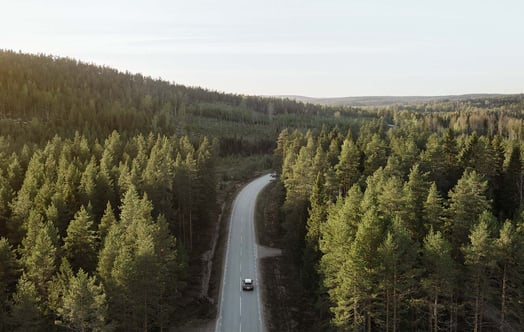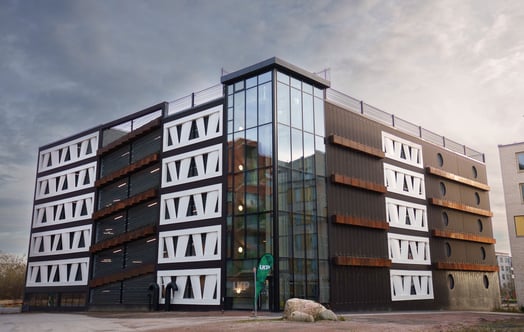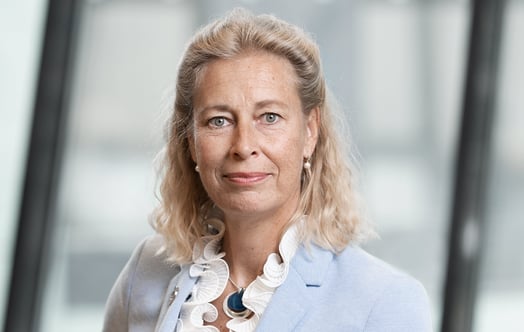
Strong electrification can make Europe’s power sector carbon-neutral by 2045
Investments at around 100 billion euros per year needed to achieve the required capacity, Eurelectric study shows.
According to a new study from Eurelectric, the European electricity industry’s association, the power sector in Europe can become fully carbon-neutral by 2045 and enable a deep society-wide decarbonisation with strong electrification. Increased investments in renewables and grids will be necessary, but total decarbonization costs will be lower than previously assumed.
Vattenfall’s CEO and President Magnus Hall, also Vice President of Eurelectric, said:
“The new study shows that the power sector in Europe can reach carbon neutrality well before mid-century and that the cost-effective pathway by 2045 will depend on renewables for approximately 80 per cent of power production. However, the overall costs of electricity supply in fully decarbonized system are lower than expected due to rapid cost-reductions of renewable technologies.”
Higher investment levels
Reaching carbon neutrality, while meeting the higher demand from increased electrification, will require higher investment levels. Annual investments of 89-111 billion euro will be needed to achieve the required generation capacity, with significant investment needs for interconnectors and reinforced distribution grids as well.
Still, the overall costs of electricity supply would not be as high as previously assumed. By 2045, the cost of wholesale electricity is estimated to reach 70-75 €/MWh.
“Renewables have changed the cost-equation. But the needed build-out of the power sector is significant and calls for predictable regulatory frameworks and clear long-term price signals to unlock the necessary capital” said Francesco Starace, President of Eurelectric and CEO of Italian power producer Enel.
Flexibility needs require new cooperation
The share of renewables will set high requirements for system flexibility. Interconnectors will need to be built out, distribution grids reinforced, storage and demand side response increased. Also, a fleet of back-up plants will be needed in order to provide reliability in a more variable power system.
New forms of cross-societal cooperation will be needed to deliver an accelerated transition. Other sectors must speed up electrification and engage more actively to balance the system. And engagement with authorities and citizens will be needed to drive demand for low-carbon solutions and to ensure public acceptance.
Different starting points
The study shows very different starting points among the various EU member states, and hence varying associated investment needs and employment impacts.
Kristian Ruby, Eurelectric Secretary General, said:
“At this speed and scale the transformation will require unprecedented cross-sector cooperation, public acceptance and consumer engagement. We must also pay due consideration to the different starting points of the various Member States and ensure a just transition where no region in Europe is left behind.”
The study was presented at a high-level event in Brussels on 27 November featuring EU Vice President Maros Sefcovic, IEA Chief Fatih Birol and several prominent power sector CEOs.
Recently Vattenfall and the Energy Transition Committee (ETC) presented another study that showed that it is both technically and economically feasible to achieve zero emissions also within heavy industry by mid-century.
Press release from Eurelectric
Decarbonisation Pathways, Report
Read also about the ETC report on fossil-free heavy industry



